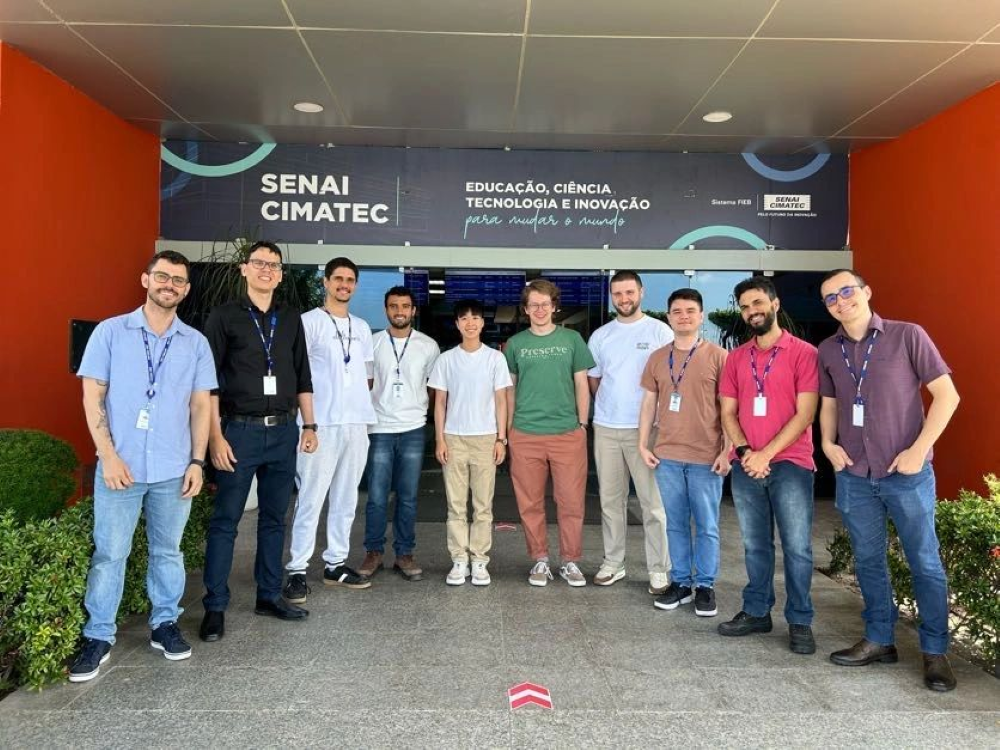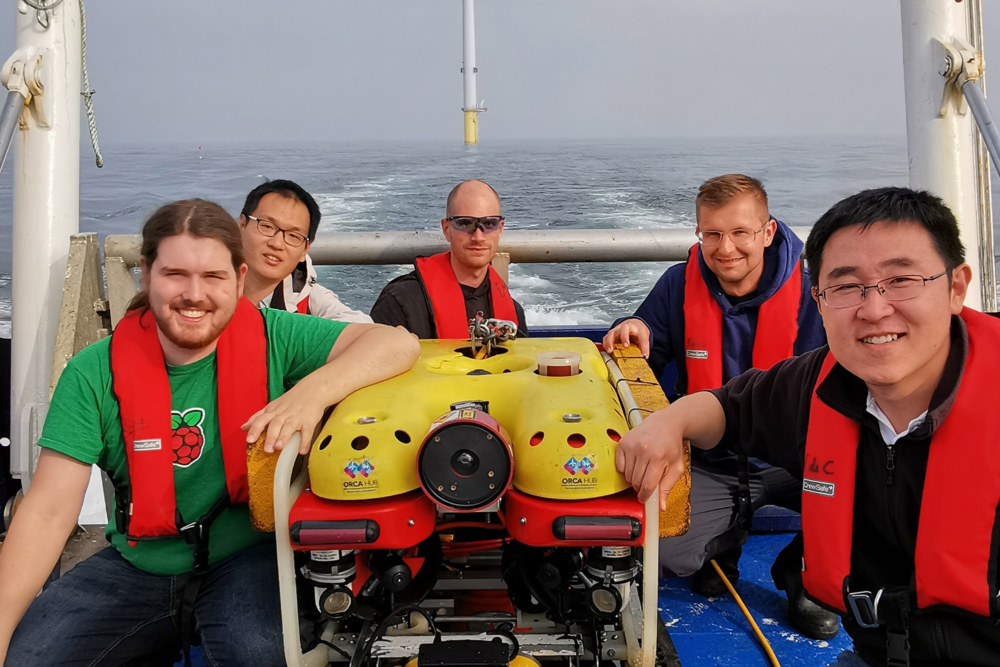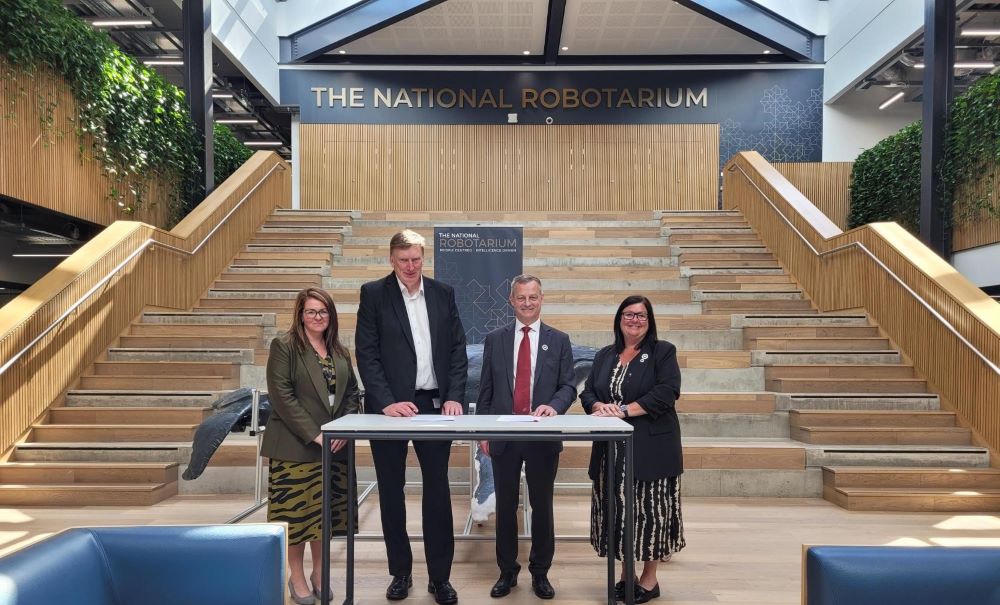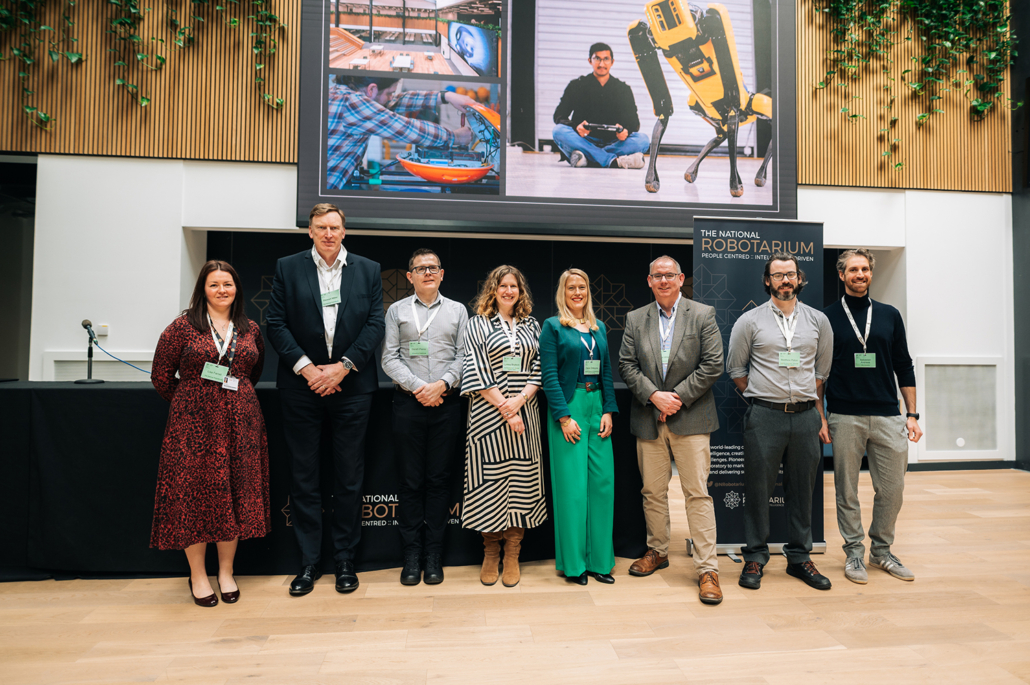How we can help your business
Informed by sectoral needs, we work collaboratively with partners around the globe to define, develop and resolve industry challenges through the application of Robotics and AI.
Our dedicated Business Development team connect with a wide range of sectors, working closely with industry leaders to understand the challenges facing their business and exploring how robotics and AI can address them. Whether it’s developing assistive robots to work alongside staff, easing workloads and augmenting the user experience, to creating bespoke autonomous and semi-autonomous systems that can reduce costs, increase productivity and improve safety, our team will help identify and de-risk the best robotic solution.
Working with the National Robotarium can add value to your company by reducing cost, risk and time-to-market
Once on-boarded, new industry projects are assigned member(s) of our Robotics Engineering team, dependent on the skillset and expertise required for developing the robotics prototype or proof-of-concept.
Throughout the process, clients will be looked after by one of our expert team of Project Managers, who will create a clear project timeline based on the client’s needs, ensuring key milestones are delivered on-time and within budget.











